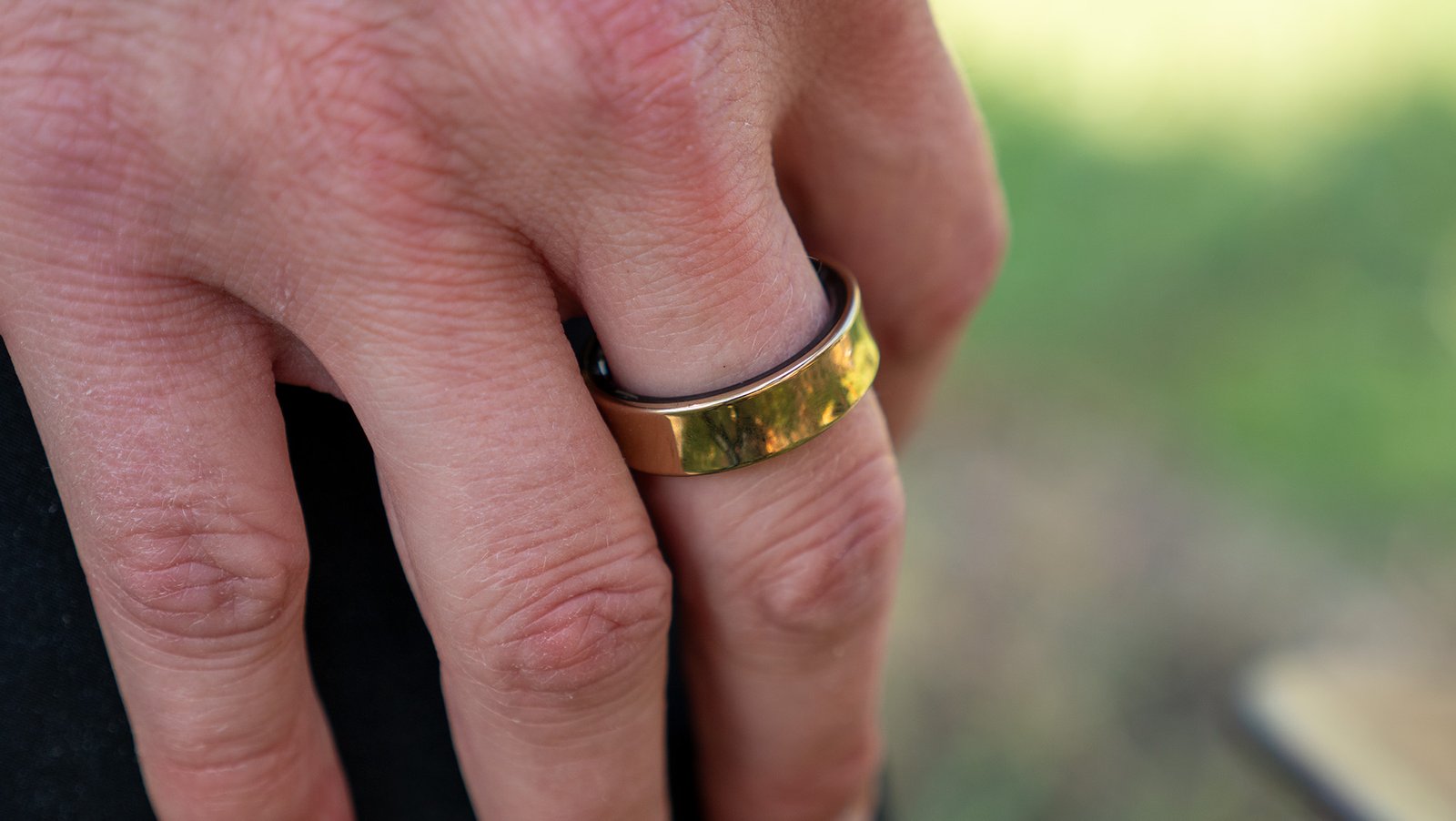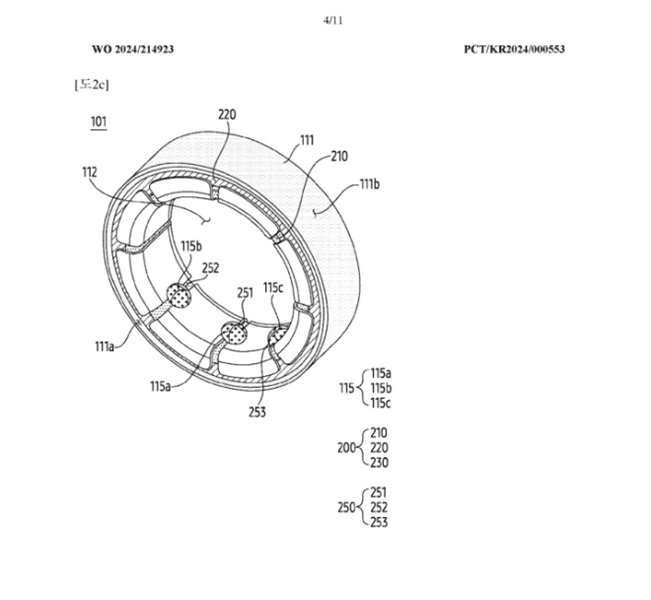Essential Information
- A new report indicates that the Galaxy Ring 2 may be under development.
- This report mentions that the Galaxy Ring 2 is still in its nascent phase and is unlikely to launch this year.
- The upcoming Galaxy Ring may feature a slimmer design, improved battery life, and a new aesthetic for enhanced comfort.
The Galaxy Ring was launched in July of the previous year, after which Samsung introduced new sizes for the device and hinted at a forthcoming limited-edition color variant. Now, it seems that the company is gearing up for the next version of the wearable.
Although there were hopes to catch a glimpse of the Galaxy Ring’s successor this year, a recent report suggests otherwise. According to Galaxy Club, Samsung has only just embarked on the development of the next Galaxy Ring, placing it in the early stages.
The site further noted that, due to the development phase, it’s challenging to predict the features it may include. However, they have confirmed, “Currently, we do not anticipate a release in 2025.”

As the development of the Ring continues, the Galaxy Club team speculates that the smart ring could debut alongside Samsung’s upcoming flagship model — the Galaxy S26 series, or possibly later.
That said, some recent rumors have suggested various updates for the Galaxy Ring 2, primarily focusing on potential design changes. “Earlier this year, a patent application showcased a flexible design aimed at ensuring that the sensors fit more snugly around the finger,” the website elaborated.
In March, it was rumored that the Galaxy Ring 2 might introduce new sensors capable of measuring not only surface temperature but also the user’s body temperature.
Furthermore, it has been suggested that the new model could incorporate motion sensors such as an accelerometer and gyroscope. This would allow the ring to track finger and hand movements, enabling it to ascertain “where it is and how it is being used.”

More recently, it has been reported that Samsung might explore the use of solid electrolytes instead of conventional lithium-ion batteries. This could potentially enhance energy density from 200 to 360Wh/L and provide greater flexibility, ideal for this rounded shape.
However, given the potentially high cost of these innovative “dream batteries,” the upcoming Galaxy Ring could be priced higher than most other smart rings available. While these rumors are intriguing, they should be approached with caution until Samsung provides official announcements.
